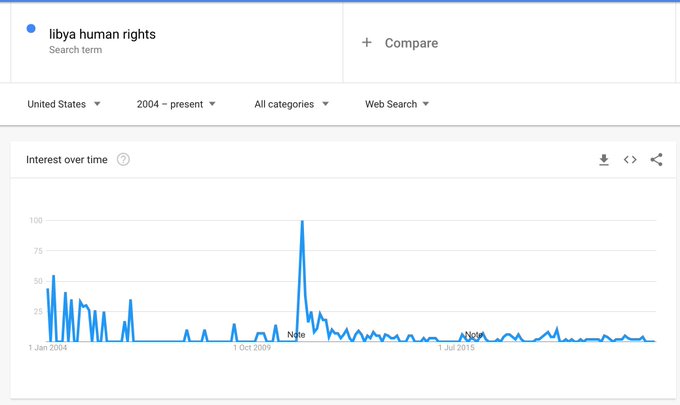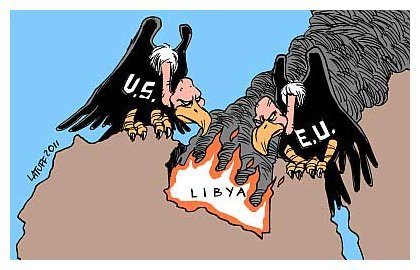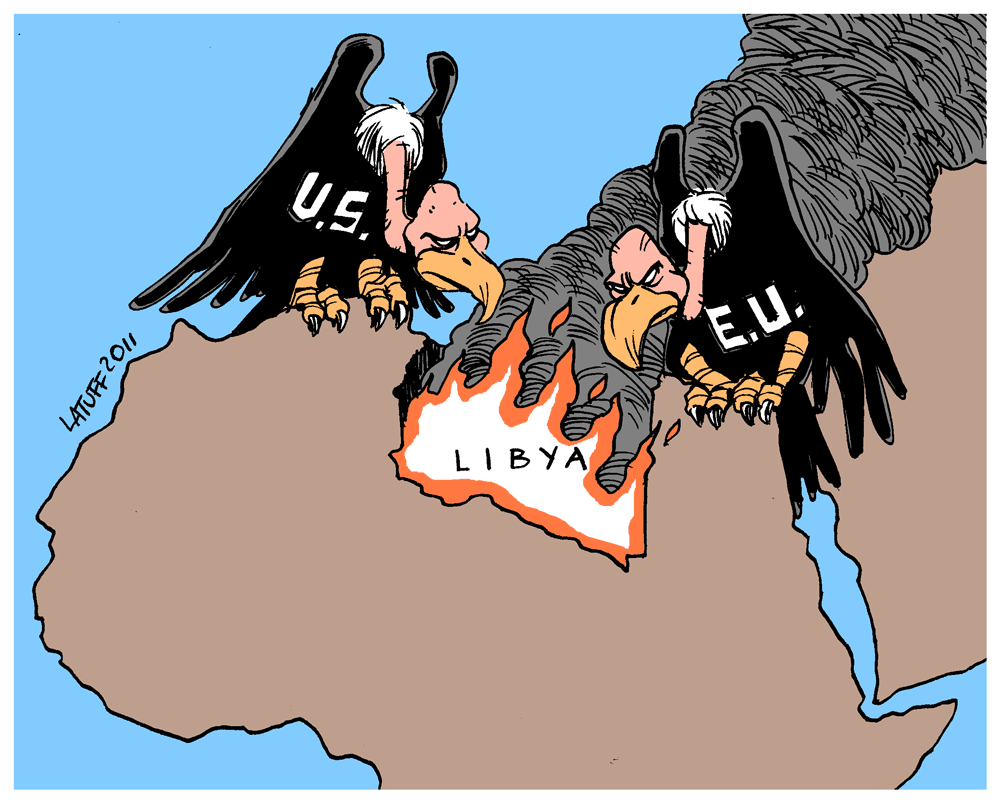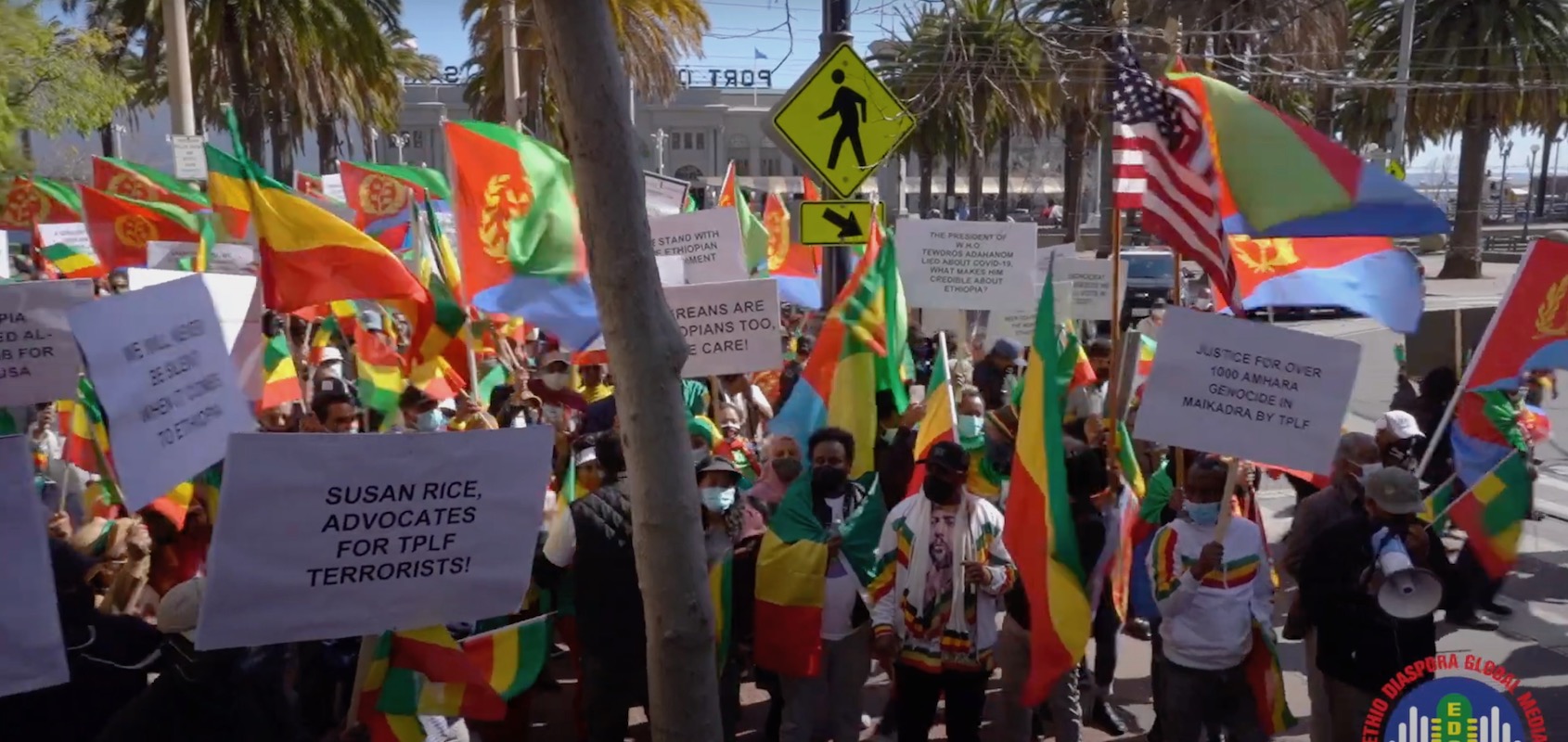How Mozambique's corrupt elite caused tragedy in the North
How Mozambique’s corrupt elite caused tragedy in the north
It suits Mozambique's President Filipe Nyusi’s government that the Islamic State rebel group claims it organised the attack in late March of this year on Palma –– it helps distract from the crime and corruption at the heart of the problem.
Things have turned out quite differently for Mozambique; after a gruelling civil war that dragged into the 1990s, the award-winning president Joaquim Chissano and his team of young technocrats like prime minister Luisa Diogo worked to turn the country around. IMF resident representative Felix Fischer told this author in 2009 that Mozambique’s post-conflict bounce-back was “Vietnam-like” in its trajectory.
There were new mining and energy projects, a smelter that had brought back international capital, a useful balance of Chinese infrastructure and European budget support. Tourists flooded over the border from South Africa. The economy was creating jobs.
With the arrival of President Armando Guebuza – an authoritarian Frente de Libertação de Moçambique (Frelimo) party general – in 2004, the technocratic faction of the party shrank, and those linked to the military grew.
‘Mr Gue-Business’, as he was nicknamed, heralded an uptick in elite self-enrichment and also the beginning of a more confrontational attitude towards northern Mozambique.
The H train
Drug trafficking was already a huge problem in Mozambique – a country which, according to César Guedes of the UN Office on Drugs and Crime (UNODC), can barely manage its own maritime security, “let alone prevent international crime syndicates operate across its 3,600km of coastline”.
A leaked US diplomatic cable in 2010 explained: “Despite anti-corruption rhetoric, the ruling Frelimo party has not shown much serious political will to combat narcotrafficking.”
“Mohamed Bashir Suleman (‘the other MBS’), described as the largest narcotrafficker in Mozambique, has direct ties to President Guebuza and former president Chissano. Other traffickers bribe both high and low level officials. Chief of customs Domingos Tivane is a significant recipient of these narcotrafficking-related bribes. Police officials told Embassy officers that they are unwilling to go after “big fish” narcotraffickers because of their ties to senior officials.”
Joe Hanlon on Mozambique: Why were the 'experts' surprised by the occupation of Palma?
Guebuza’s protegé Celso Correira (now minister for land and rural development, and campaign manager for President Nyusi) took over management of the Nacala Port, identified as a key channel for much of the illicit cargo that comes in and out of Mozambique. Then the biggest narcotrafficker, MBS was the number-one financier of the ruling party, according to US diplomats.
The amounts trafficked are eye watering. In 2018, London-based academic and former international correspondent in Mozambique Joseph Hanlon published a paper called ‘The Uberization of Mozambique’s heroin trade’. In it, he estimated some $600m-800m of heroin transited through Mozambique annually, with $100m used to bribe members of Frelimo.
READ MORE Mozambique needs gains in security and corruption in north to develop LNG
“Mozambique is part of a complex chain which forms the East African heroin network. Heroin goes from Afghanistan to the Makran coast of Pakistan, and is taken by dhow to northern Mozambique. There, the Mozambican traffickers take it off the dhows and move it more than 3,000km by road to Johannesburg, and from there others ship it to Europe,” wrote Hanlon.
Boatloads of cash
It is not just drugs. In the dog days of the Guebuza administration, when he was trying to change the constitution to allow a third term, the politically connected elite pulled off an even greater heist.
This time it was robbing the treasury in Maputo. In 2014, a secret $850m loan for Ematum, a tuna fishing company owned – curiously – by Mozambique’s intelligence services. Other secret loans came to light, including a $525m loan to the state-owned Mozambique Asset Management company. The loans were a front for bribery and kickbacks, and have been the subject of many legal investigations. The $2bn in total loans contributed to an economic downturn and the government to default on its debt repayments.
Stephen Bailey-Smith, a senior economist at Global Evolution, which eventually bought the loans when they were repackaged, says the debt repackaging finally demystified the tuna bonds: “Investors assumed this was effectively sovereign debt. I don’t think anyone in their right mind thought they were taking a risk solely linked to a tuna fishing company. Remember, at the time, people were jumping up and down about how Mozambique would be the next big thing, one of the largest gas producers in world, and people wanted to get in early. With limited other opportunities, the bonds provided a way in.”
READ MORE Mozambique's civilians defenceless as armed forces defend Total's gas project
Not everyone was doing well in Mozambique. While on a tour of the country, Brazil’s President Luiz Inácio ‘Lula’ da Silva remarked: “No Mozambican can feel proud to open their car door and see a hungry person looking for something to eat in the rubbish.”
How Mozambique’s corrupt elite caused tragedy in the north











